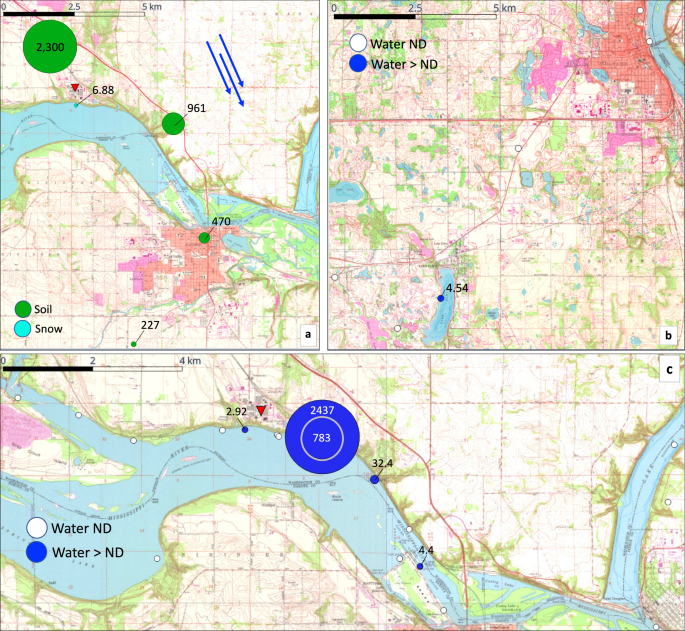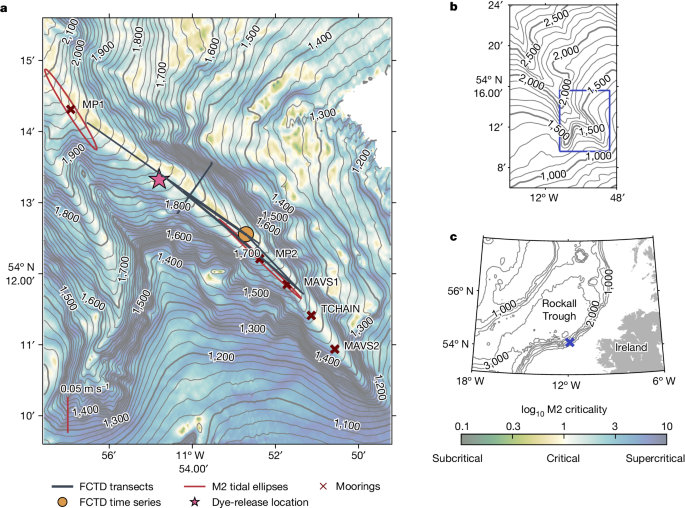2024-07-09 デューク大学(Duke)
<関連情報>
- https://pratt.duke.edu/news/pfas-lithium-ion-batteries/
- https://www.nature.com/articles/s41467-024-49753-5
リチウムイオン電池の部品は、持続可能なエネルギーと過フルオロアルキル物質およびポリフルオロアルキル物質の環境放出の接点にある Lithium-ion battery components are at the nexus of sustainable energy and environmental release of per- and polyfluoroalkyl substances
Jennifer L. Guelfo,P. Lee Ferguson,Jonathan Beck,Melissa Chernick,Alonso Doria-Manzur,Patrick W. Faught,Thomas Flug,Evan P. Gray,Nishad Jayasundara,Detlef R. U. Knappe,Abigail S. Joyce,Pingping Meng & Marzieh Shojaei
Nature communications Published:08 July 2024
DOI:https://doi.org/10.1038/s41467-024-49753-5

Abstract
Lithium-ion batteries (LiBs) are used globally as a key component of clean and sustainable energy infrastructure, and emerging LiB technologies have incorporated a class of per- and polyfluoroalkyl substances (PFAS) known as bis-perfluoroalkyl sulfonimides (bis-FASIs). PFAS are recognized internationally as recalcitrant contaminants, a subset of which are known to be mobile and toxic, but little is known about environmental impacts of bis-FASIs released during LiB manufacture, use, and disposal. Here we demonstrate that environmental concentrations proximal to manufacturers, ecotoxicity, and treatability of bis-FASIs are comparable to PFAS such as perfluorooctanoic acid that are now prohibited and highly regulated worldwide, and we confirm the clean energy sector as an unrecognized and potentially growing source of international PFAS release. Results underscore that environmental impacts of clean energy infrastructure merit scrutiny to ensure that reduced CO2 emissions are not achieved at the expense of increasing global releases of persistent organic pollutants.



